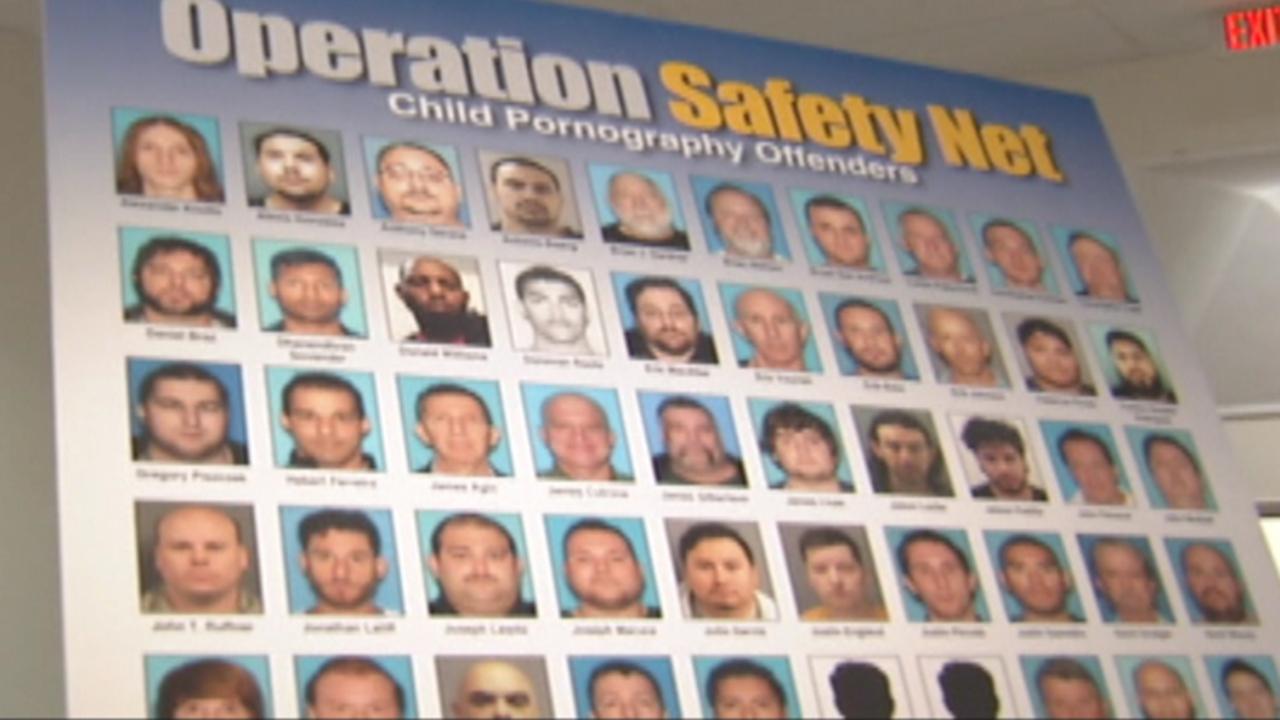Anthony Kiedis, the iconic lead vocalist of the Red Hot Chili Peppers, has been a prominent figure in the music world for decades. However, recent allegations surrounding his personal life have sparked widespread debate and controversy. As accusations of inappropriate behavior emerge, it's crucial to examine the facts and separate truth from speculation.
In this era of heightened awareness about misconduct, it's important to approach such claims with a balanced perspective. This article aims to provide a comprehensive overview of the allegations against Anthony Kiedis, ensuring that readers are well-informed and equipped to form their own opinions based on credible information.
By delving into the details of his career, personal life, and the accusations, we aim to shed light on the matter while adhering to journalistic integrity and ethical standards. Let's explore the truth behind the headlines.
Read also:Only My Vaccine Can Save The Zombie World The Ultimate Guide
Table of Contents
- Biography of Anthony Kiedis
- Early Life and Background
- Career and Musical Achievements
- Understanding the Accusations
- Legal Standpoint and Investigations
- Public Reaction and Media Coverage
- Mental Health and Rehabilitation
- Impact on Reputation and Legacy
- Ethical Considerations in Reporting
- Conclusion and Moving Forward
Biography of Anthony Kiedis
Early Life and Background
Born on November 1, 1962, in Grand Rapids, Michigan, Anthony Kiedis grew up in a family deeply rooted in the entertainment industry. His father, John Kiedis, was a notable actor, and his mother, Peggy Lee, worked as a talent agent. This environment exposed Anthony to the world of arts from a young age, shaping his passion for music and performance.
Below is a summary of Anthony Kiedis' personal details:
| Full Name | Anthony Dominick Shivaree Kiedis |
|---|---|
| Birthdate | November 1, 1962 |
| Birthplace | Grand Rapids, Michigan, USA |
| Occupation | Singer, Songwriter |
| Notable Band | Red Hot Chili Peppers |
Career and Musical Achievements
Anthony Kiedis' career with the Red Hot Chili Peppers began in 1983 when the band was formed in Los Angeles. Over the years, they have released numerous platinum albums, earning multiple Grammy Awards and solidifying their place in rock history. Hits like "Californication," "Dark Necessities," and "Give It Away" have become anthems for fans worldwide.
Despite his success, Kiedis has openly discussed his struggles with addiction, detailing his journey in the best-selling memoir "Scar Tissue." This vulnerability has resonated with many, showcasing his authenticity as an artist.
Understanding the Accusations
Accusations against Anthony Kiedis primarily stem from allegations of inappropriate behavior during the 1980s and 1990s. These claims, often involving underage individuals, have been brought to light through various sources, including social media and investigative journalism.
It is essential to approach these allegations with a critical mindset, considering the context of the time and the evolving standards of behavior. While some accusations may seem alarming, it is vital to wait for credible evidence and legal conclusions before drawing final judgments.
Read also:Bill Gatzimos Wikipedia The Ultimate Guide To His Life Achievements And Legacy
Evidence and Credibility
- Accusers have come forward with varying degrees of detail and consistency.
- Legal proceedings have not conclusively proven these allegations.
- Media coverage often sensationalizes stories, which can cloud the truth.
Legal Standpoint and Investigations
From a legal perspective, accusations without substantial evidence hold little weight in court. In cases involving Anthony Kiedis, no formal charges have been filed, and investigations have not resulted in convictions. This does not exonerate him entirely but underscores the importance of due process.
Legal experts emphasize the need for transparency and fairness in handling such cases, ensuring that all parties receive a fair hearing.
Rights and Responsibilities
- Individuals have the right to defend themselves against false accusations.
- Victims deserve a platform to share their stories, provided they are truthful.
- Society must balance compassion with justice in addressing these issues.
Public Reaction and Media Coverage
The public's response to allegations against Anthony Kiedis has been mixed. Fans of the Red Hot Chili Peppers often grapple with the cognitive dissonance of supporting an artist accused of wrongdoing. Meanwhile, advocacy groups highlight the importance of believing victims and holding perpetrators accountable.
Media outlets play a pivotal role in shaping public perception. Responsible journalism involves verifying facts, avoiding sensationalism, and respecting the privacy of those involved.
Impact on Fans and Supporters
- Fans may feel conflicted about continuing to support an artist with a tarnished image.
- Advocates for justice encourage dialogue and education on these sensitive topics.
- Conversations around consent and accountability have gained momentum in recent years.
Mental Health and Rehabilitation
Anthony Kiedis' battles with addiction and mental health issues are well-documented. His willingness to seek help and share his experiences has inspired countless individuals. However, critics argue that past actions cannot be excused solely by personal struggles.
Rehabilitation and accountability go hand in hand. While acknowledging past mistakes, it is equally important to recognize efforts toward personal growth and redemption.
Support Systems and Recovery
- Therapy and counseling can aid in addressing harmful behaviors.
- Peer support groups provide a safe space for healing and reflection.
- Public figures have a responsibility to model positive behavior.
Impact on Reputation and Legacy
As a musician and public figure, Anthony Kiedis' legacy is multifaceted. While his contributions to music are undeniable, the allegations against him cast a shadow over his achievements. How history remembers him will depend on how these issues are resolved and the steps he takes to address them.
Reputation management involves transparency, accountability, and a commitment to change. By confronting these challenges head-on, Kiedis has the opportunity to redefine his legacy in a meaningful way.
Building a Positive Legacy
- Engaging in charitable work to support vulnerable communities.
- Using his platform to advocate for social justice and equality.
- Continuing to create art that resonates with fans and inspires change.
Ethical Considerations in Reporting
Journalists and content creators have a moral obligation to report accurately and responsibly. Sensationalizing allegations or jumping to conclusions can harm individuals and communities. Ethical reporting involves verifying sources, respecting privacy, and maintaining objectivity.
In the case of Anthony Kiedis, it is crucial to approach the topic with sensitivity and fairness, ensuring that all voices are heard and respected.
Journalistic Responsibility
- Verify information before publishing to avoid spreading misinformation.
- Provide context and background to help readers understand the full picture.
- Respect the dignity and privacy of all parties involved.
Conclusion and Moving Forward
Anthony Kiedis' story is a complex tapestry of artistry, personal struggles, and controversy. While allegations of inappropriate behavior warrant serious consideration, it is equally important to examine the evidence and context before forming judgments. By fostering open dialogue and promoting accountability, society can work toward a more just and equitable future.
We invite readers to engage in thoughtful discussions about these issues, leaving comments or sharing this article to spread awareness. Additionally, exploring other content on our site can provide further insights into related topics.
Together, we can create a culture of understanding, empathy, and accountability.


